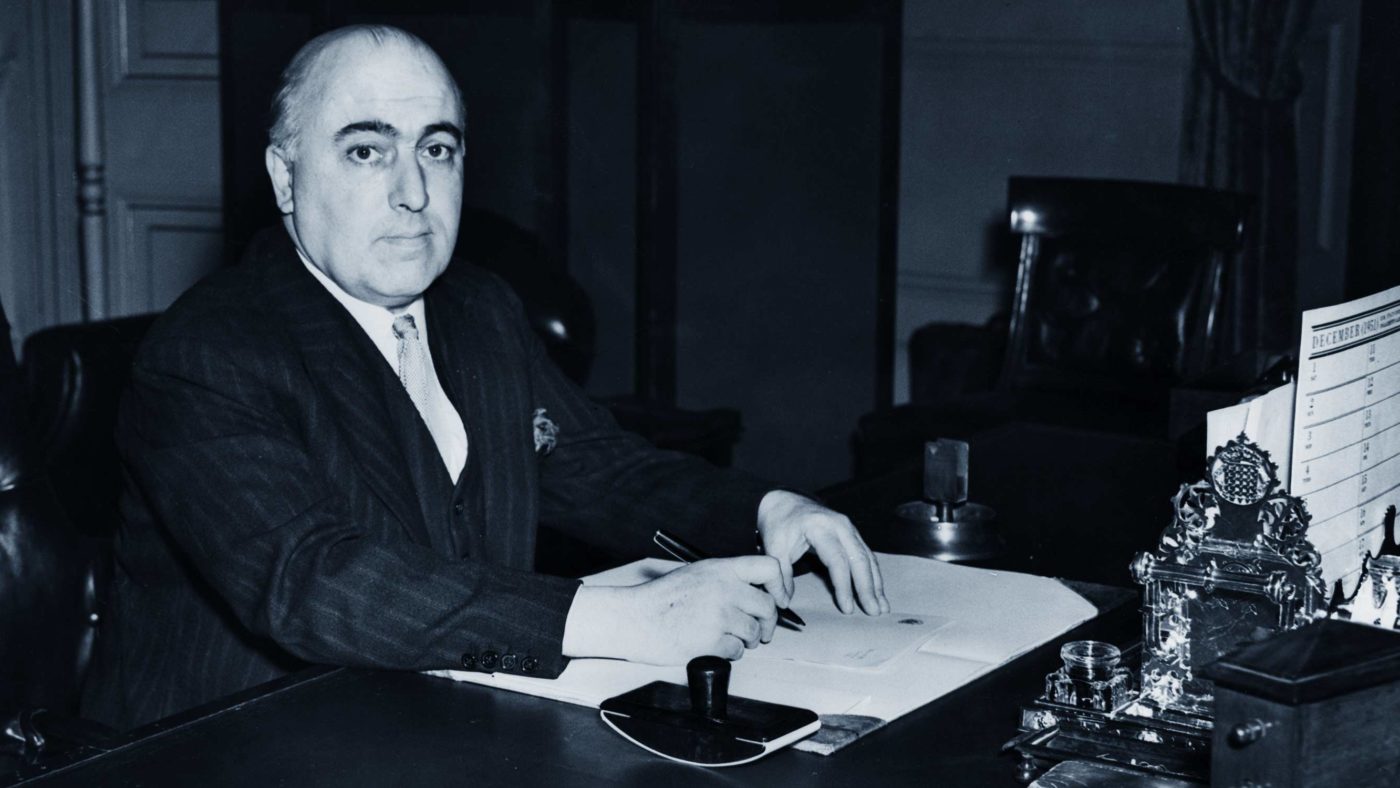The most recent Conservative Party manifesto included a pledge to conduct a review of the UK’s human rights framework once we have left the EU.
In a Bright Blue report published this week, the former High Court Judge Sir Michael Tugendhat argues that the Government should not radically change the UK’s human rights framework. He contends that the European Convention on Human Rights and the subsequent Human Rights (HRA) Act – which incorporated the ECHR into British law in 1998 – embody many rights that have been in English common law for centuries. In essence, they protect individuals from undue power – including from an overbearing state – and therefore the conservative case for supporting them is a strong one.
Conservative politicians and thinkers have contributed significantly to the development of human rights in this country. The ECHR, for example, was partly drafted by Sir David Maxwell Fyfe, then a Nuremberg prosecutor but later a Conservative Lord Chancellor. And it was passionately championed by Sir Winston Churchill.
Conservatives in the post-war period championed and developed human rights as a defence against nationalising, socialistic Labour Governments. Tugendhat’s report reveals that Quintin Hogg, a Conservative MP, began campaigning to incorporate the ECHR into British law in 1968, 30 years before it became a reality.
While the philosophical case for conservative support of Britain’s current human rights framework is strong, there are also political reasons for the Tories to take such an approach. The Party’s poor showing can be explained by a number of factors, but one of the most pivotal was its lack of appeal to young voters. According to Ipsos-Mori, 62 per cent of voters aged 18 to 24 voted Labour in June, compared to just 27 per cent who opted for the Conservatives.
To an extent, young voters have always been the weak link in the Conservatives’ electoral coalition. But 2017 was a poor performance even by those standards. There are a number of reasons for this. Jeremy Corbyn’s pledge to scrap tuition fees was undoubtedly popular, however unwise. But Theresa May’s apparent scepticism towards liberal values – especially in her hardline approach on immigration and attack on “citizens of nowhere” – also deterred, and even angered, young people.
A key part of liberal thinking is a belief in, and defence of, human rights. To better defend individual liberty and attract younger voters, the Conservative Party should now not just promise to maintain the Human Rights Act, but be the loudest champions of it.
This would be something of a free lunch for the Tories. It allows them to remain faithful to their philosophical beliefs in individual freedom and limited government, while simultaneously indicating to swing voters that the Party is more internationalist and liberal than they might suspect.
And it is unlikely to cost the Conservative Party votes from other groups either. A ComRes poll in 2015 found that only 3 per cent of British adults said repealing the Human Rights Act should be the most important priority for the Government, with just 11 per cent ranking repeal within their top three priority issues for Government. In that poll, repeal was not a significant priority for any age group or other demographic.
The 2017 election result must act as a wake-up call for the Conservative Party. The Tories can no longer simply rely on older people’s votes to achieve majority government. Instead, it must broaden its base. It must appeal to voters who have frequently not voted Conservative, including younger voters.
Supporting Britain’s human rights framework is unlikely to be a silver bullet, but it would signify to young people that the Conservative Party is supportive of the liberal Britain they want.


